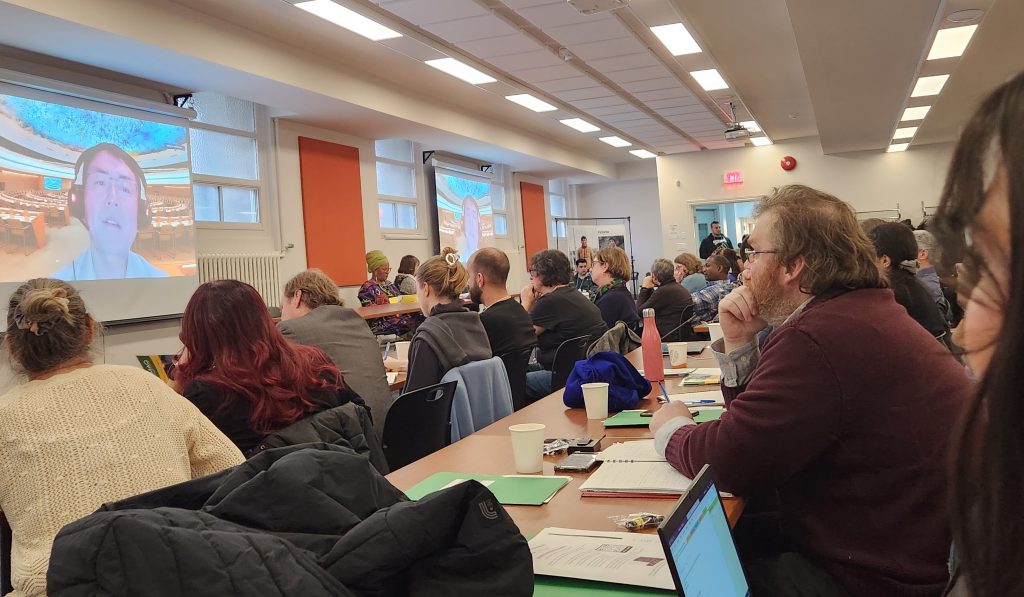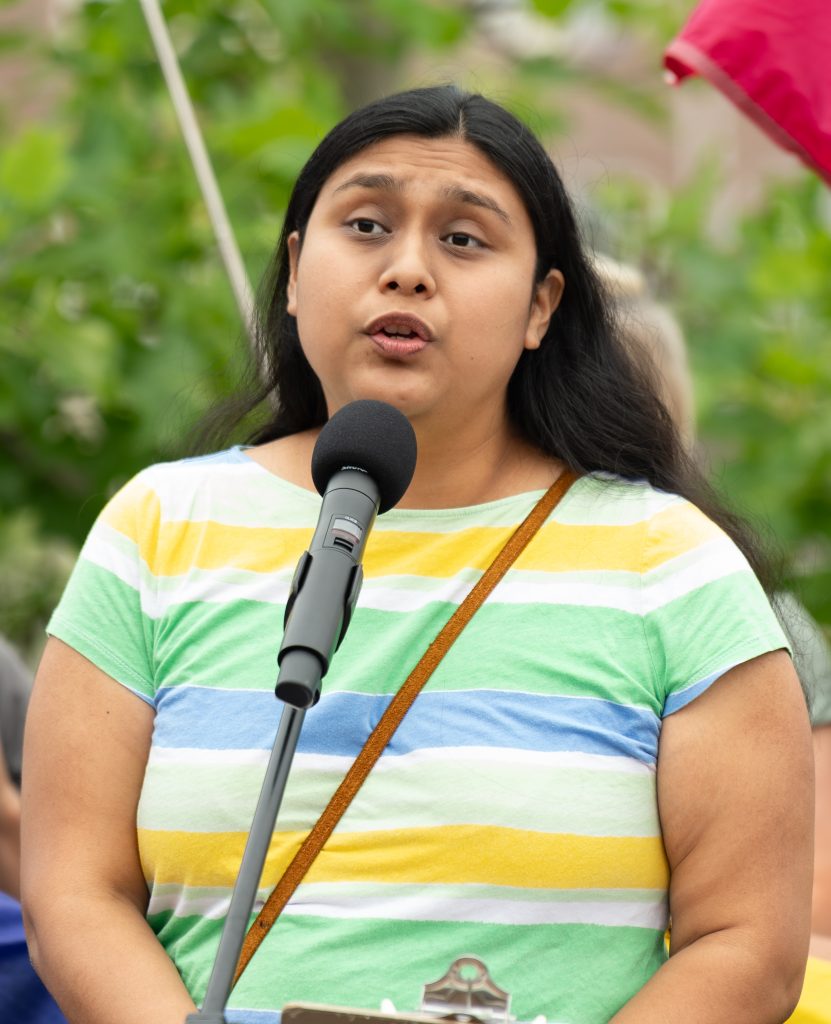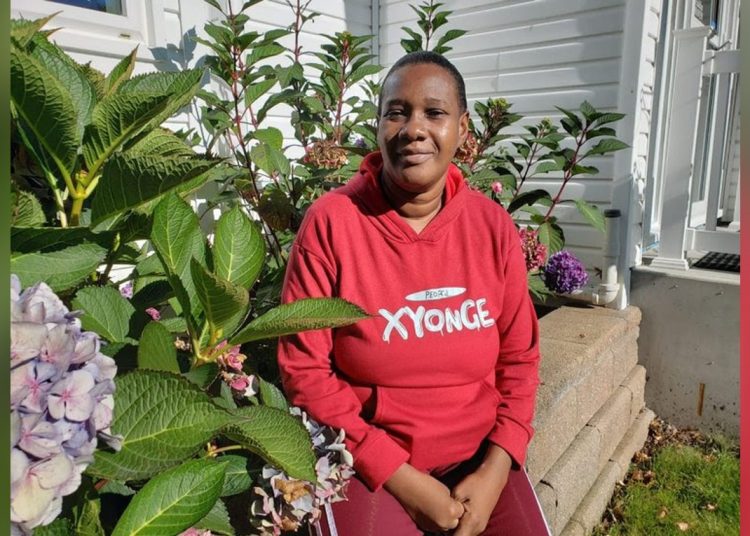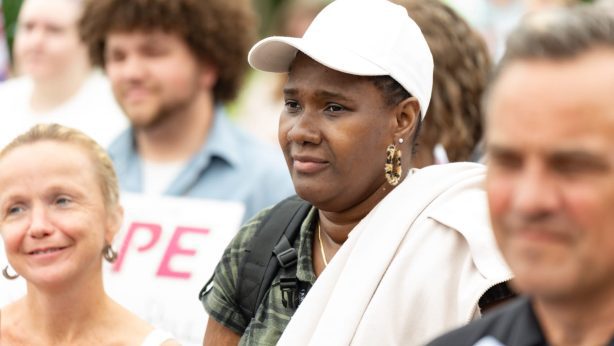Temporary foreign workers struggle to access health care in Canada: UN report
A United Nations report calling Canada’s Temporary Foreign Worker Program “a breeding ground for contemporary forms of slavery” has something to say about health care of migrant workers in the country.
Tomoya Obokata, the UN Special Rapporteur on Contemporary Forms of Slavery, in his report on Canada released in July, says the Temporary Foreign Worker Program prevents migrant workers from exercising their rights.
Sections 29 and 30 of his report deal with health care of migrant workers while other parts of the report deal with other groups of people in Canada who face inadequate health care access.
Obokata writes on the health care of migrant workers in Canada:
29. Temporary foreign workers struggle to access health care in practice. Since 2022, employers have been required to make reasonable efforts to provide temporary foreign workers with access to health-care services if they are injured or become ill. Although workers have access to public health insurance, eligibility periods vary by province and territory. In the interim, employers must provide private health insurance but only for emergency health care. Workers under the Seasonal Agricultural Worker Program are provided with more comprehensive health care upon arrival.
30. Despite new regulations, some employers reportedly prevent workers from seeking health care, encouraging them to take painkillers or home remedies instead. Furthermore, workers are sometimes denied time-off to seek medical treatments or may even be fired for doing so. Many worksites are in remote areas with limited public infrastructure, and workers must rely on their employers to organize transport, which may prove to be costly as employers are not required to pay for it. It was reported that some employers do not make required payments for private insurance or pause insurance during periods when workers are not actively employed.

Privatization and systemic racism are harming health care, not migrants
Migrant right groups such as Migrant Workers Alliance for Change and the Madhu Verma Migrant Justice Centre have noted that migrants are the convenient scapegoats for multiple affordability crises that they did not create.
Migrants are being blamed for the ‘health care crunch’ while provincial and federal governments neglect to properly fund our public health care system. At the same time, governments are allowing privatization to creep in, robbing the public system of doctors, nurses and health care professionals, and accountability, as noted by labour unions representing health care workers and provincial health coalitions.
Meanwhile, Canadian immigration and health care policies strip hundreds of thousands of Canadian residents of the ability to access health care because of their immigration status, as noted in a report by Citizens for Public Justice and the Canadian Health Coalition.
By not having a truly comprehensive and universal public health care system that includes free access to medicine for all of us – including temporary residents and the undocumented – we, in fact, increase costs to the health care system when people denied health care become sicker and must visit the emergency room or get a preventable surgery.
We not only make people sicker and more costly patients, we deny people like Nell Toussaint a healthy and long life.

In 2023, Toussaint died at the age of 54. When Nell became sick, she was denied health care because Canada does not grant public health care to irregular migrants. A champion for health care for irregular migrants in Canada, she took her fight to the United Nations. In response, a UN committee ruled Canada had violated her right to life, and asked Canada to grant health care to all irregular migrants. Canada has so far refused, further entrenching discriminatory tropes that suggest migrants are undeserving.
For migrant workers, whose immigration status is tied to their employer, losing their job may also mean losing their sub-standard private health insurance, their housing, and their ability to remain in Canada. Furthermore, migrant workers face numerous barriers to accessing health care related to costs, language, transportation, and employer retaliation.
At the ‘Privatization is a Poison Pill’ Rally outside the Premiers’ meeting in Halifax in July, Stacey Gomez of the Centre for Migrant Worker Rights Nova Scotia shared the stories of Nell Toussaint and Kerian Burnett, a migrant farmworker in Nova Scotia who lost her job, health care and housing when she got diagnosed with cancer.

After a two year struggle to get coverage for her cancer treatments, Burnett now has a Medical Services Insurance (MSI) card, Nova Scotia’s public health care.

We sometimes hear that immigrants are not deserving of health care because they don’t pay taxes. In fact, they do pay taxes. If they are seasonal migrant workers, they often pay into a system that never grants them access to public health care or other services that make up our social safety net because of residency requirements.
Gomez told the rally, “Migrants are integral members of our communities and essential workers in many sectors. They help to grow our economy and pay taxes. Yet, migrants are typically excluded from public health care coverage and access to crucial medications based on their immigration status. This can have devastating life or death consequences. We need public health care and a universal pharmacare program which leaves no one behind.”
Obokata’s summary of the barriers to accessing health care faced by migrant workers is detailed in a report by Citizens for Public Justice and the Canadian Health Coalition. Furthermore, the struggles that temporary foreign workers face trying to become permanent residents is well documented and described in a recent report about workers in Prince Edward Island by the Migrant Workers in the Canadian Maritimes research team.
Obokata concludes: “The structural precarity for temporary foreign workers would be mitigated by
systematically providing workers with a pathway to permanent residence… Clear status for all migrant workers would provide them with a secure footing on which to enjoy the full spectrum of their human rights, while continuing to contribute to Canadian society.”
The Canadian Health Coalition is among the numerous organizations calling for the regularization of immigration status for temporary foreign workers and the undocumented.
Giving everyone, including temporary foreign workers and the undocumented, access to public health care can also be done.
To protect public health at the onset of the COVID-19 pandemic, Ontario covered everyone’s health care, including the undocumented. Sadly, Ontario discontinued this coverage in March 2023, despite calls by the Ontario Medical Association to keep it, as reported in an Ottawa Citizen story published on March 31, 2024.
Who deserves health care? Everyone deserves health care.
Top photo: Left-to-right: Kerian Burnett, Stacey Gomez, Executive Director of the Centre for Migrant Worker Rights Nova Scotia and Tracy Glynn, National Director of Projects and Operations of the Canadian Health Coalition, at a rally for public health care outside the premiers’ meeting in Halifax on July 16, 2024.



